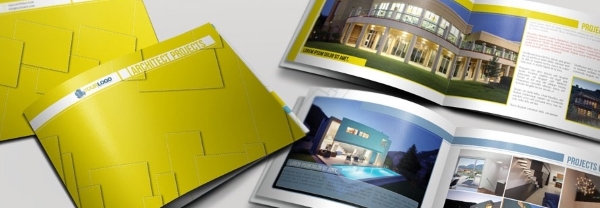Yes, “brochurebiage” is a word we made up. It refers to that optimistic and puffed‐up verbiage that can creep into a professional’s brochures or other promotional materials. Many people are rightfully proud of their past work and skill and need to sell that experience and ability to prospective clients. However, use such language with caution.
Licensed professionals promoting themselves as the best around can be an effective way to attract clients. The risk comes when they enter into a contract that refers to or incorporates language in promotional material because it could needlessly raise the standard of care. In California, while licensed professionals may hold themselves to a high personal standard, the default legal standard by which professional negligence or malpractice is evaluated is the standard of care of an average professional in the same field and community. This default standard of care is favorable for licensed professionals because it means to avoid liability, they do not need to be perfect. After all, who is?
This average standard of care can be modified however through contract. Professionals sometimes inadvertently do this when a contract refers to or incorporates a proposal or other promotional item that promises superlative services or the “highest standard of care.” Including a standard of care that goes beyond what is required by law unnecessarily raises the bar for performance and exposes the professional to a greater risk of liability if there are allegations that the work was anything less than perfect. Additional problems may arise because professional liability insurance typically covers the average standard of care, so a contract promising a higher standard might not be covered, which could leave the professional on the hook alone.
To minimize this risk, avoid exaggerated language that over‐promises in contracts. Rather than say a professional will provide the absolute best services, say they work hard to provide professional services that lead to successful projects. Show clients examples of superlative work. Finally, avoid contracts that refer to or incorporate promotional materials because that could unnecessarily raise the standard of care, or limit such incorporation only to the scope or fee portion of the proposal. Highlighting past success and emphasizing skill is necessary to generate business, but exercise caution and balance when using or referring to brochurebiage in contracts.
This article has been reprinted with permission from its authors, David E. Barker and Erin Dunkerly of Collins Collins Muir + Stewart LLP in California.
Nothing contained in this article should be considered legal advice. Anyone who reads this article should consult with an attorney before acting on anything contained in this or any other article on legal matters, as facts and circumstances will vary from case to case.




